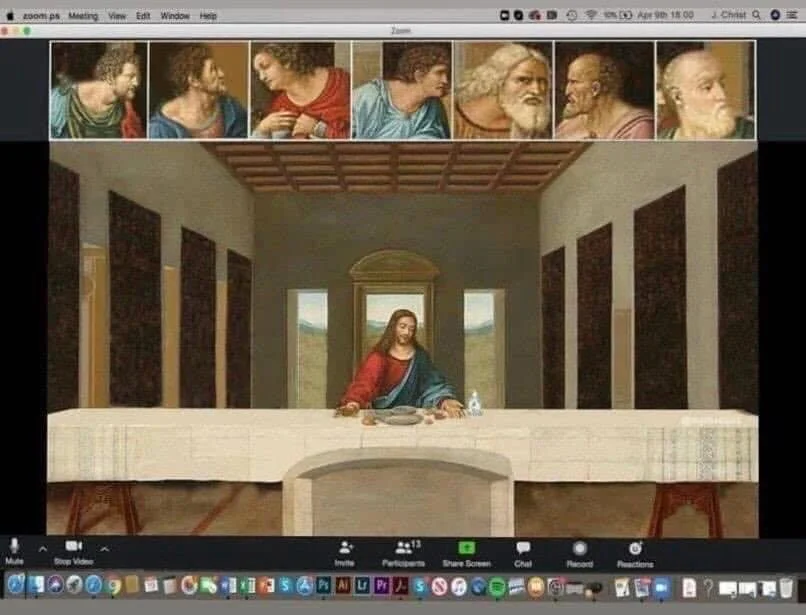Thousands of Episcopalians believe the Sacrament of Marriage should be modernized to include same-sex unions.
Thousands of others across America disagree.
Many regional dioceses have become battlegrounds, with liberal parishes clashing with conservative parishes. At the national level, some bishops have tried, with little success, to convince their church hierarchy to repent after its 2003 consecration of the openly gay Bishop V. Gene Robinson of New Hampshire. This war has rocked the 70-million-member Anglican Communion, where traditionalists hold a majority among the world's bishops.
So everyone has been waiting for a sign from the throne of St. Augustine. Archbishop of Canterbury Rowan Williams has been pulled in both directions, although his progressive views on sexuality are well known.
"What is the current tension in the Anglican Communion actually about? Plenty of people are confident that they know the answer," wrote Williams, in a letter this week to the Anglican primates. "It's about gay bishops, or possibly women bishops. The American Church is in favor and others are against -- and the Church of England is not sure (as usual)."
But this is a conflict inside a global, sacramental communion, he stressed. It cannot be debated in political terms.
Anglicans can even appreciate the role homosexuals have played in church life, he said, yet believe that this "doesn't settle the question of whether the Christian Church has the freedom, on the basis of the Bible, and its historic teachings, to bless homosexual partnerships as a clear expression of God's will. That is disputed among Christians, and, as a bare matter of fact, only a small minority would answer yes to the question."
Thus, Williams believes it's time for Anglicans to write a covenant that would bind the communion together on crucial points of ancient Christian doctrine and practice. Liberal churches that declined to sign would become "associate" members of the communion and remain linked by bonds of history and friendship -- but not "constituent" members at the legal and sacramental levels.
Anglicanism would split, along lines defined by the global majority.
"Some actions -- and sacramental actions in particular -- just do have the effect of putting a Church outside or even across the central stream of the life they have shared with other Churches," wrote Williams. "It isn't a question of throwing people into outer darkness, but of recognizing that actions have consequences -- and that actions believed in good faith to be 'prophetic' in their radicalism are likely to have costly consequences."
What would this look like in practice? The relationship, said the archbishop, would not be "unlike that between the Church of England and the Methodist Church," which broke away from Anglicanism in 1791.
The Episcopal Church posted the Williams letter on its website, without initial comment. However, activists on both sides quickly linked Canterbury's sobering epistle with the decision during their recent General Convention to change the church's name from the Protestant Episcopal Church in the United States of America to the Episcopal Church -- period. This underlined the fact that it already includes small jurisdictions in the Caribbean, Latin America and Europe. Might it soon include Canada, New Zealand, Scotland other churches that reject a doctrinal covenant?
Money will be an issue as Anglican leaders write their covenant.
The older, richer churches control massive endowments, pensions, seminaries, properties and the ecclesiastical structures in their lands. They control the resources of the past and will use them to defend what they believe is the theology of the future.
However, traditionalists in the Third World and in some giant American parishes are thriving in the here and now. They believe they can use the resources of the present to defend the theology of the past.
It's crucial that Williams repeatedly stressed that changes are coming no matter what, said Father David Roseberry, rector of the 4,500-member Christ Church in Plano, Texas. This week, the parish announced that it would leave the Episcopal Church, while striving to remain in the Anglican Communion.
"I'm impressed that Rowan Williams is not willing to sacrifice the doctrine, discipline and worship of Anglicanism in order to accept the doctrine, discipline and worship of the modern Episcopal Church," said Roseberry. "In fact, it appears that he is sacrificing his own personal views in order to preserve the unity of the church. This is exactly what we believe a bishop should do."






